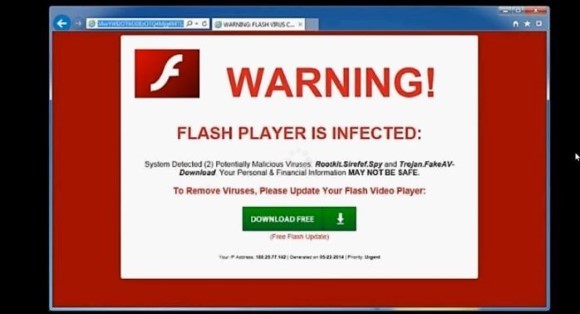Google will be blocking Flash by default on almost every website through their Chrome browser in the next couple of months in an attempt to increase the security of their users.
The plan from the search engine giant is called "HTML5 by Default." This means that the Google Chrome browser will aim to use only HTML5 on most websites instead of having to activate the Adobe Flash player, which is slowly being abandoned because of its vulnerability issues.
If the website uses Flash, the browser will ask the user if it would like to activate Flash or not. However, the browser will use HTML5 by default if the website offers it.
The prompt will only appear once as the user's choice of declining or accepting Flash will be remembered by the browser. Flash has seen its large share of vulnerabilities and exploits that hackers can use to compromise other people's computers.
Google plans to roll out their HTML5-only web project by the fourth quarter of this year, Ars Technica reported. JavaScript attempts to find if the plugin is present will also be blocked.
There are exceptions to the rule. Google still plans to leave Flash alone for several top websites that depend on the plugin to function properly without compromising the security of their users.
Some of the sites include Twitch, Facebook, Amazon and YouTube, Computerworld reported. Google said that the whitelist will be continually updated to remove sites that will eventually use HTML5 instead of Flash.
Adobe Flash has been ridiculed and criticized because of its security flaws. It would seem harmless to the average Internet user because it just lets people play games or videos.
However, hackers have found many exploits and they continue to do so even after Adobe has released numerous security patches. It is simply not safe anymore for any website to use.
Facebook and YouTube are slowly migrating their networks to use HTML5 instead of Flash. Both of their video players now use HTML5 but Facebook's games still run on Flash with the exception of some games that are powered by the free Unity game engine.



























